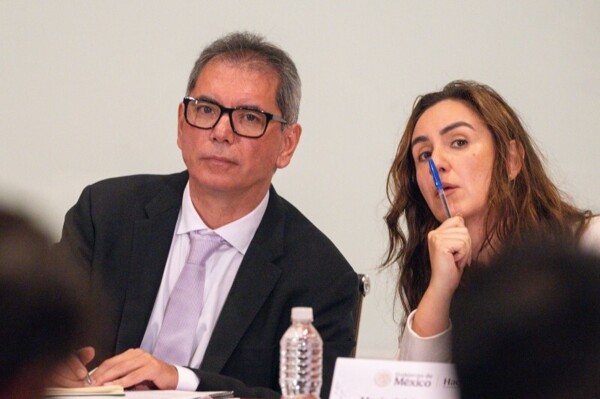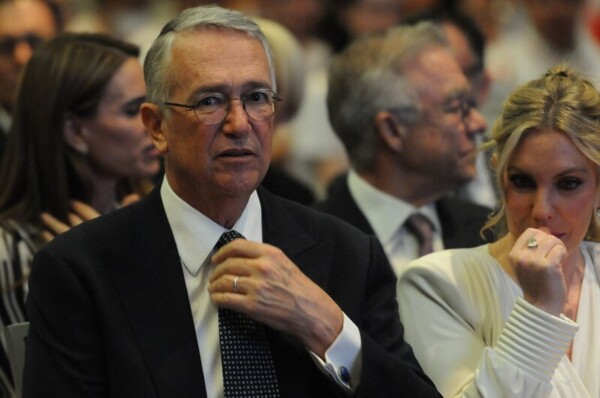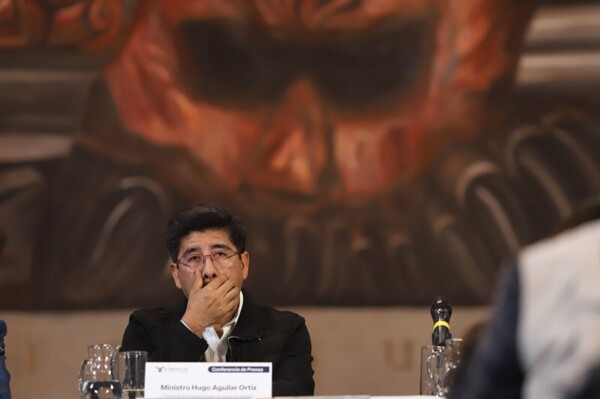
Nemak, a manufacturer of aluminum components for electric and internal combustion vehicles, is considering the possibility of moving part of its production from Mexico to the United States if it proves to be more economical. This decision arises in response to the threat of tariff imposition by the government of Donald Trump. Armando Tamez, the company's CEO, emphasized that moving production would be cheaper than facing the tariffs.
In a conference for analysts regarding the financial results at the end of 2024, Tamez mentioned that while there are currently negotiations between Mexico and the United States that could prevent negative impacts from the tariffs, it is necessary to consider the possibility of adjusting production capacities in a less favorable scenario. Nemak has the capability to produce cylinder heads and engine blocks for both internal combustion and electric vehicles, being the only independent company with this capacity in the American market.
Nemak's main clients include major automobile manufacturers such as General Motors, Ford, Audi, BMW, Nissan, Stellantis, Mercedes Benz, and Kia. The company produces all its parts at its facilities in Mexico, and its clients are responsible for picking up the parts and exporting them to their plants in the United States or other regions. Tamez assured that, in the event that tariffs are imposed, Nemak will not absorb any increase in costs and will adjust the prices of its products as necessary.
If necessary, Nemak could move part of its production to the United States, as it has production capacity in six plants located in Tennessee, Kentucky, Alabama, and Wisconsin. The company will carefully evaluate the economic viability of such moves in light of the uncertainty generated by the threats of tariff imposition by the U.S. government.














